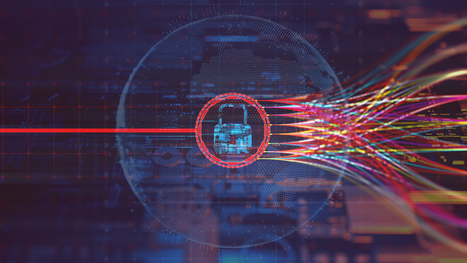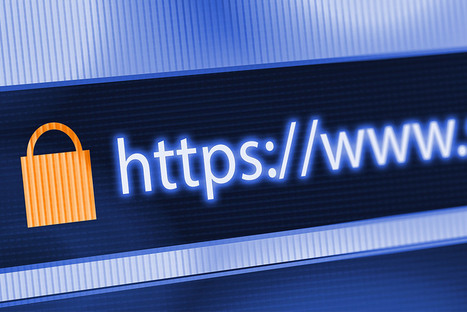Editor’s Note: We first quoted Caltech Artist-in-Residence David Kremers maxim, “Privacy is the new luxury” back in 2009. In the decade since then, we’ve seen a continuous assault on personal privacy, as surveillance has become the dominant business model on the internet. We’ve approached questions of privacy from many different angles over the years here at The Scholarly Kitchen, including technology architectural approaches to privacy (particularly relevant in light of new authentication systems like RA21), as well as striving to find the right balance between personalization and privacy).
Librarians have long been stalwart guardians of patron privacy — an increasingly difficult task in the era of Google and Facebook. Today’s post is by Mimi Calter, Deputy University Librarian for Stanford University, who brings a useful framework for libraries as they consider patron privacy.
Patron privacy has been a long-standing concern of libraries, and in the era of Facebook data-sharing scandals and of GDPR, the privacy of users of digital content is an increasing concern. In response to that general issue, and to several specific difficulties with data providers, Stanford Libraries, with support from a number of our peer institutions, have put forward a Statement on Patron Privacy and Database Access.
Via Elizabeth E Charles



 Your new post is loading...
Your new post is loading...








